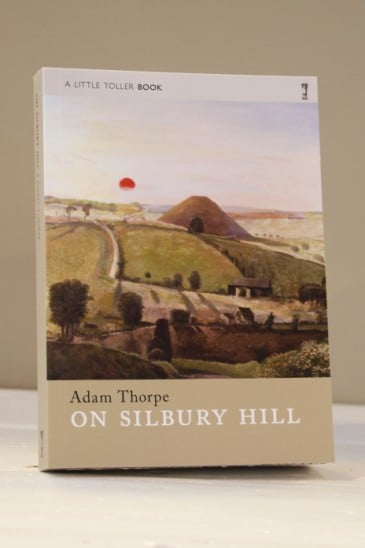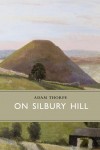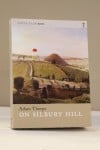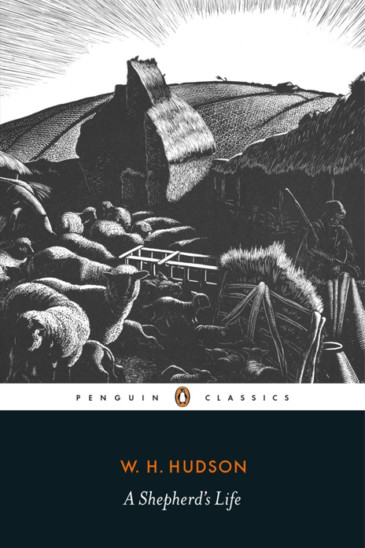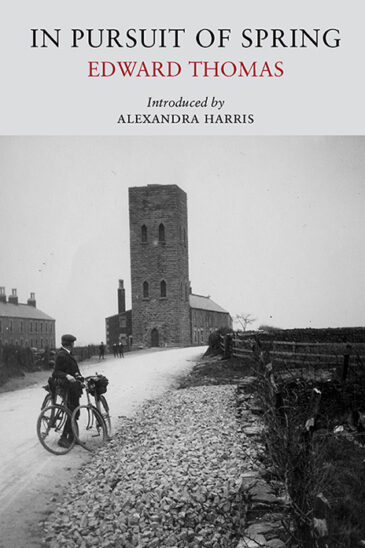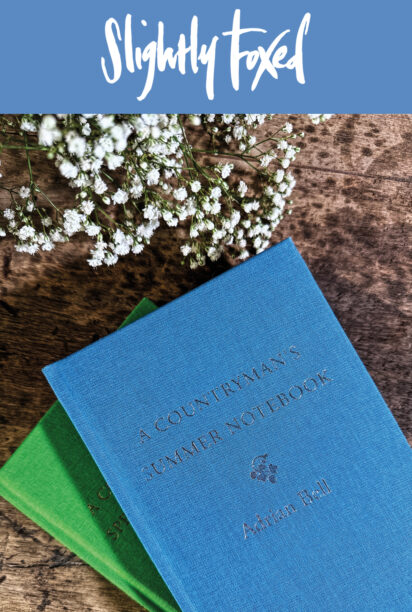Book of the Week, BBC Radio 4 (August 2014)
Longlisted for the Wainwright Prize for Nature Writing 2015
Silbury Hill in Wiltshire has inspired and perplexed people for generations. Artists and poets have fathomed their deepest thoughts searching for the hill’s hidden meanings, archaeologists have tunneled through earth for fragments that prove its purpose. But for all this human endeavour, Silbury Hill remains a mystery.
We do know it is the largest prehistoric mound in Europe. But was it once an island, moated by water? Was it a place of worship and celebration, perhaps a vast measure of the passing seasons? Along with Stonehenge and Avebury, was it part of a healing landscape or a physical memory of the long-ago dead?
Silbury Hill is the sum of all that we project. A blank screen where human dreams and nightmares flicker. The hill has been part of Adam Thorpe’s own life since his schooldays at Marlborough, which he would often escape in the surrounding downlands. He has carried Silbury ever since, through his teenage years in Cameroon, into his adulthood in southern England and France: its presence fused to each landscape which became his home.
On Silbury Hill is Adam Thorpe’s own projection onto Silbury’s grassy slopes. Twenty years after the publication of his classic novel Ulverton, the acclaimed poet and novelist revisits the landscape which inspired him. It is a chalkland memoir told in fragments and family snapshots, skillfully built, layer on layer, from Britain’s ancient and modern past.
‘You should burrow in and discover this for yourself, but what makes On Silbury Hill such a rich and evocative book of place are the myriad two-way hauntings he proposes between people and landscapes over time.’ Paul Farley, The Guardian
‘a remarkable and moving mix of history, autobiography and genius loci’ William Boyd, New Statesman
‘He seeks a blend of the personal and the scientific… that raises profound questions about what archaeology can understand of the past. With the book’s attractive feel, and clear and often memorable writing, ‘interpretive archaeology’ never came so seductively packaged.’ Mike Pitts, British Archaeology






